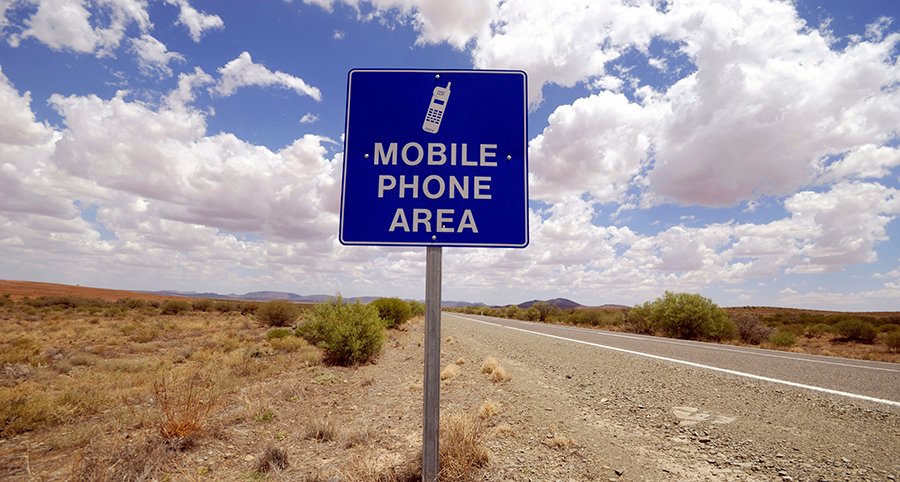
Exploring remote locations can be a thrilling experience, offering breathtaking views, unique adventures, and a chance to escape the ordinary. However, safety should always be a priority when venturing into unfamiliar and often challenging terrains. This guide provides essential tips and strategies on how to stay safe while exploring remote locations to ensure your adventure remains enjoyable and risk-free. For more travel insights and tips, visit https://hopetraveler.com/.
Understanding the Challenges of Remote Locations
Remote areas are often far from urban conveniences, medical facilities, and reliable communication networks. While their isolation adds to their charm, it also introduces potential risks like harsh weather conditions, limited resources, and wildlife encounters.
Before embarking on your journey, it’s crucial to assess the specific challenges of the location. Research the terrain, climate, and any potential hazards to prepare effectively.
How to Stay Safe While Exploring Remote Locations: Essential Tips
1. Plan Thoroughly Before You Go
Preparation is the key to a successful and safe trip. Always:
- Research your destination thoroughly.
- Check weather forecasts and seasonal variations.
- Create an itinerary and share it with someone you trust.
- Note down emergency contact numbers, including local rescue teams.
A well-laid plan minimizes surprises and ensures you’re ready for any situation.
2. Pack the Right Gear
The right equipment can make all the difference when navigating remote areas. Include:
- Navigation tools like maps, GPS, and a compass.
- First aid kit with essentials for treating minor injuries.
- Adequate food, water, and a portable water purifier.
- Sturdy, weather-appropriate clothing and footwear.
Invest in high-quality gear that can withstand extreme conditions and ensure your safety.
3. Stay Connected, Even Off-Grid
Communication in remote areas is often unreliable. To stay connected:
- Carry a satellite phone or personal locator beacon (PLB).
- Inform someone of your expected return time.
- Regularly check for cellular signals when possible.
These steps ensure you can call for help in case of an emergency.
READ MORE : https://hopetraveler.com/
4. Learn Basic Survival Skills
Knowing how to handle unexpected situations is crucial. Skills like:
- Navigating without GPS.
- Building a temporary shelter.
- Starting a fire in adverse conditions.
- Administering basic first aid.
These abilities can be lifesaving if you find yourself in a difficult situation.
5. Be Aware of Wildlife
Remote areas are often home to diverse wildlife. While encounters are rare, it’s important to:
- Research the local fauna and their behaviors.
- Keep food sealed and stored securely to avoid attracting animals.
- Maintain a safe distance from wildlife at all times.
Respecting their habitat ensures both your safety and the protection of the environment.
Common Mistakes to Avoid While Exploring Remote Locations
Even experienced adventurers can make mistakes. Avoid these common pitfalls:
- Underestimating Terrain: Always research and understand the difficulty level of the location.
- Overpacking or Underpacking: Bring only what’s necessary while ensuring you have all essentials.
- Ignoring Local Advice: Listen to locals for tips on weather and potential dangers.
By avoiding these errors, you can significantly reduce risks during your journey.
How to Prepare for Emergencies
Emergencies can happen even with careful planning. Prepare by:
- Carrying a detailed map and knowing your route.
- Packing extra food and water.
- Having a backup communication device.
Preparation ensures you can handle unexpected situations confidently.
The Importance of Staying Calm Under Pressure
Remaining calm during challenging moments can help you think clearly and make better decisions. Panic often leads to mistakes, so focus on assessing the situation, using available resources, and seeking help when needed.
Final Thoughts on How to Stay Safe While Exploring Remote Locations
Exploring remote areas is a rewarding experience that allows you to connect with nature and discover hidden wonders. However, knowing how to stay safe while exploring remote locations is essential to make your adventure enjoyable and stress-free. Much like the need to boost business efficiency with better reimbursement, thorough preparation, the right gear, and a focus on safety are crucial for ensuring a memorable and secure journey.
Remember, adventure is best enjoyed when it’s safe!


